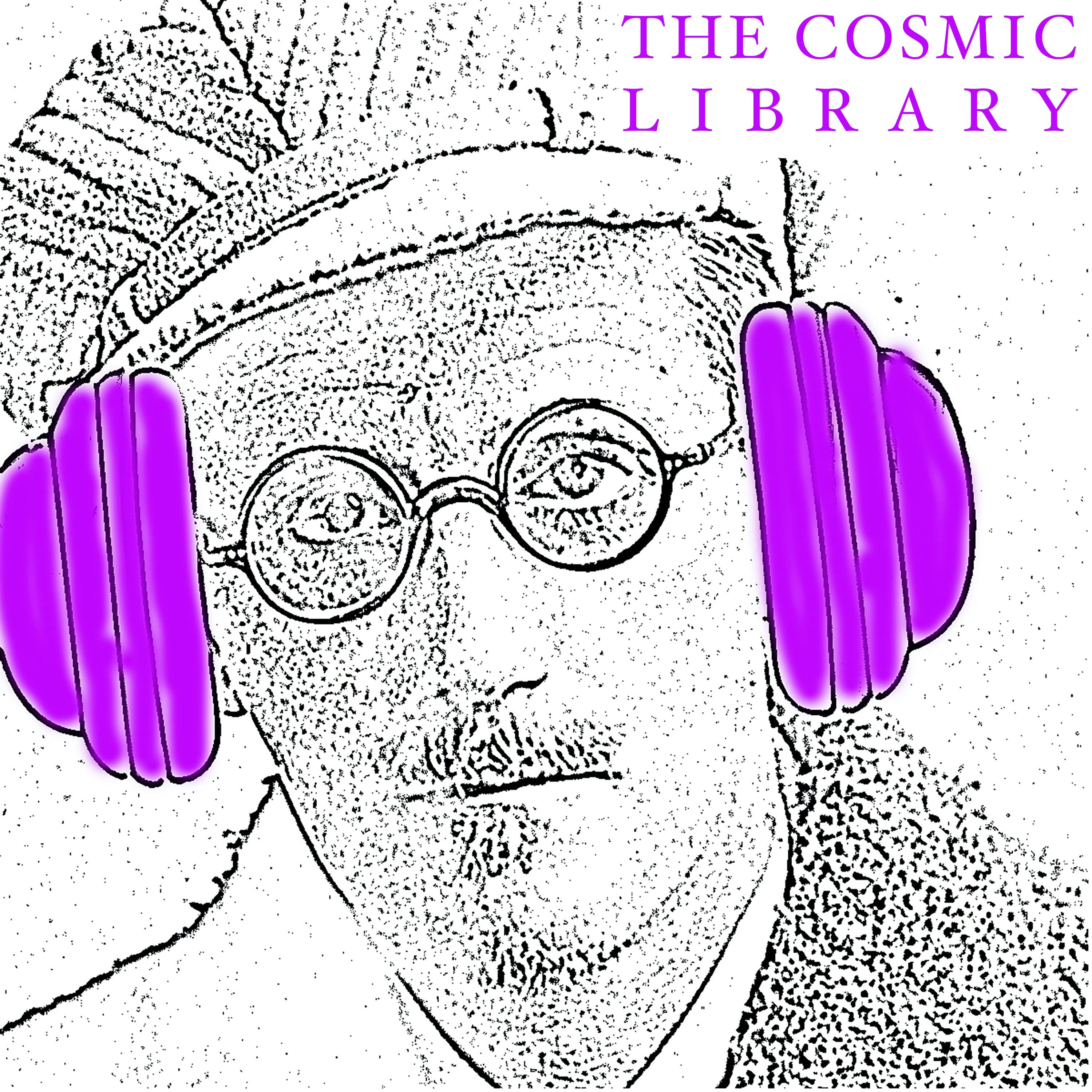4.5 Immortality
Description
Here, in the conclusion of our five-episode season on The Hall of the Monkey King, you’ll hear about Journey to the West’s capacity for reinvention across centuries—about, in other words, its openness to different circumstances, something like the Monkey King's own openness, his playfulness.
Julia Lovell says, “Running through Monkey's actions and personality is a love of this thing called play. He's an incredibly playful character. And I don't think it's a coincidence that the Chinese word in the title of the novel that is translated as 'journey'—you—can also be translated as 'play.'"
Kaiser Kuo describes the history of openness in China with regard to cosmopolitanism. He mentions the echoes between the Ming Dynasty (when Journey to the West was written) and the Tang Dynasty (when the novel is set). Both of those dynasties, he says, have "periods of outward-facing and inward-facing.” These are times of intensified tensions that Kaiser Kuo observes here across Chinese history.
Journey to the West makes much of related dynamics between outward-facing and inward-facing, especially through its playful mood. In this novel, adventuring through traditions from China and from outside China, thinking in different keys, leaping from philosophy to philosophy, and seeking transcendence all depend upon a wild amount of play, of experiment, of fun.
Guests this season include Julia Lovell, whose recent translation of Journey to the West is titled Monkey King; D. Max Moerman, scholar of religion at Columbia; Xiaofei Tian, scholar of Chinese literature at Harvard; Karen Fang, scholar of literature and cinema at the University of Houston—she’s now working on a biography of Disney legend Tyrus Wong; and Kaiser Kuo, host of the Sinica Podcast.
Learn more about your ad choices. Visit megaphone.fm/adchoices
More Episodes
The word “story” often comes after the word “bedtime,” and for good reason. Stories can frighten us, disturb and shock us, prompt us to change our thinking, but compared to most experiences, reading a story is tranquil. Podcasts, similarly conveying mediated encounters with other lives, are also...
Published 05/22/24
Published 05/22/24
“If my college-age self, reading White Noise, had thought I would one day be discussing word placement with Don DeLillo, I would have had a heart attack,” Deborah Treisman says in this episode. Since those days, in her role as fiction editor at The New Yorker, she has indeed discussed word...
Published 05/15/24


